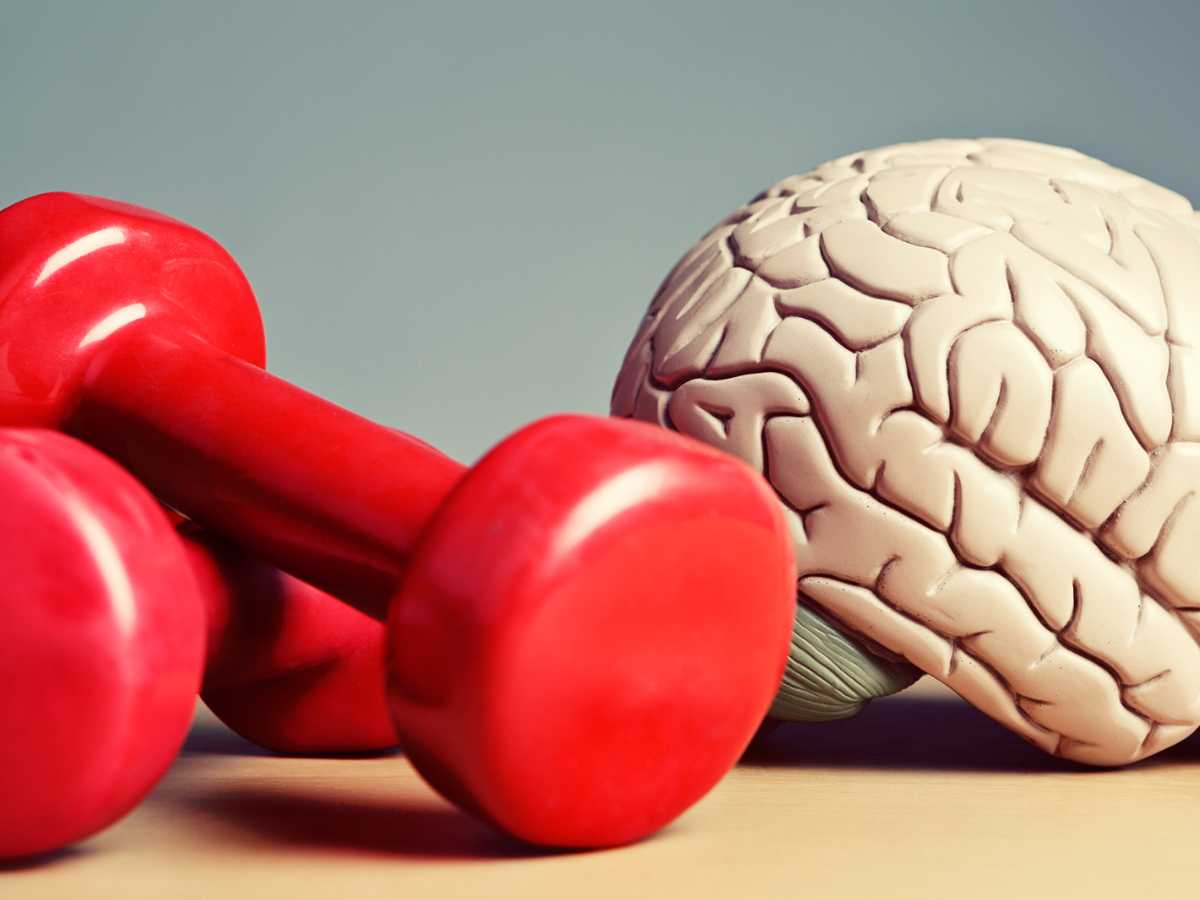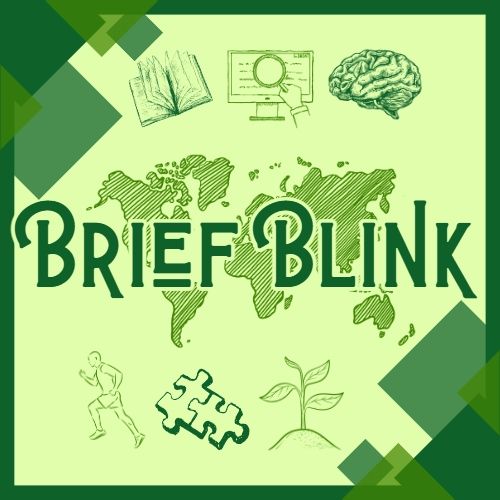Unlock the Benefits of Reading: 7 Reasons Reading Will Change Your Life
Whether you read fiction, non-fiction, or academic articles, there is always something new to discover. Reading broadens your horizons, expands your knowledge, and transforms your life. It provides escapism and relaxation. If you're looking for a way to improve yourself, reading can accomplish that.

Reading is the process of decoding written symbols, or letters, to extract meaning from text. It's a fundamental skill, yet its associations to learning and education often minimise its importance. The benefits of reading extend far beyond classrooms and seminars. Many people can name a book, or a few, that have changed their lives, or shaped the way they perceive the world.
We read to learn things, to entertain ourselves, to escape reality, or to relax. Reading can have a profound impact on our personal and professional lives. It enables us to access information and understand complex ideas. Reading is a foundational skill that is necessary for academic, personal, and professional endeavours.
Are we reading enough?
During the COVID-19 pandemic, book sales have gone up despite bookshop closures and postponed release schedules [1]. People are turning to books for comfort in a time of anxiety and uncertainty. But does this mean we're reading more?
Fewer children are reading for leisure these days [2], and it's understandable why. External influences are pushing children to go online. With an abundance of content on sites like YouTube, Instagram and TikTok, everyone, child and adult, are spending more hours scrolling and fewer hours reading [3].
We ought to cultivate the habit of reading and make it part of our daily routine to keep our minds active and healthy. Besides filling time or satisfying our needs, here are 7 reasons we should be reading.
A great book should leave you with many experiences, and slightly exhausted at the end. You live several lives while reading.
William Styron, Conversations with William Styron.
1. Exercise your brain

Reading is an excellent way to exercise the brain. We focus on text, process, and store information in memory. We make connections between different ideas. Books, and other reading material, provide mental stimulation that quickens our brain. Reading exposes you to new ideas, challenging your assumptions and beliefs, which promotes critical thinking.
Besides improving memory and cognitive ability, reading can slow age-related cognitive decline in older adults [4]. Reading is great exercise for all brains - young and mature. Children who read get sharper. Adults who read stay sharp. The protective function of reading should be a great sales pitch for convincing ourselves to read more.
A study in 2013 found that reading, even for a small amount of time, has long-term changes to the connectivity in people's brain. The participants performed better in several tests, including language comprehension tasks [5]. These improvements, while trivial in plain words, can be life-changing.
2. Reduce anxiety

We're all stressed sometimes. Reading can be a distraction from anxious thoughts. You can immerse yourself in a book, relax, and forget about your worries for a while. Reading can be a form of mindfulness, where you focus your attention entirely on the present moment.
Reading is an effective way to reduce stress and promote relaxation. When reading, your brain enters a state of calm and concentration, which can help lower your heart rate and reduce bodily tension. A study in 2009 found that just 30 minutes of reading can lower blood pressure, heart rate, and psychological distress [6]. Reading can also reduce depression and provide other mental health benefits [7].
As a non-pharmaceutical intervention, bibliotherapy is therapy that involves reading books and other forms of literature [8]. Since the COVID-19 pandemic, bibliotherapy has become increasingly popular, as a safe and potentially effective form of therapy producing positive outcomes [9]. In a time with a high demand for scarce mental health services, books can save the day.
3. Develop empathy

As you read a good fictional book, you're put in the place of a character. You're exposed to perspectives different, yet possibly alike your own. Reading can build your empathy. You can immerse yourself in their stories and see their point of views. This broadens your understanding of others. By exposing yourself to diverse cultures, beliefs, and experiences, you develop a greater sense of empathy and compassion towards people who are different from you.
Children who read more have better perspective-taking ability, which means they can consider other peoples' point of views better [10]. School reading programs are a brilliant investment towards improving the future generations' capacity to empathize with one another. Among adults, researchers found that reading fiction was associated with better social ability [11].
We can gain insight into the driving forces behind different political views and opinions through reading diverse material. The ability to see past our biases and assumptions is vital in being effective participants in socially divisive environments.
4. Get smarter
I'm not telling you anything ground-breaking by telling you this. You expose yourself to an expanse of knowledge from books. You're broadening your understanding, allowing yourself to make more informed decisions. By encountering unfamiliar words, your vocabulary naturally grows. You'll be able to express yourself more precisely and effectively. You'll act and feel smarter.
Children who spend more time reading can perform better on general tests of intelligence later in life [12]. Reading ability and comprehension are key skills that allow us to access information, learn new things, and communicate effectively. In the modern world, reading comprehension is crucial towards success in various areas of life, as learning is a major component influenced by reading [13].
5. Improve communication skills

Let's get rid of the stigma surrounding reading as an anti-social activity. We may see reading as a solitary and introverted hobby. That doesn't mean people who enjoy a perfectly healthy activity are socially awkward or inept. This stigma hurts society, as it discourages people from reading what could be intellectually stimulating and rewarding material.
By quickening your brain, understanding others, and amassing a substantial vocabulary, you're going to communicate better. You can communicate more thoughts and ideas, as you'd possess more information and the confidence to match. You'll never run out of things to say.
You'd be a more interesting conversationalist. Being exposed to a variety of topics and perspectives gives you fuel for conversation. This allows you to meet and connect with people with diverse interests and experiences. Reading also helps you connect with people who share your interests. Book clubs and online forums are great places to meet like-minded individuals. There's even a Tinder for book lovers.
6. Strengthen writing skills

You can't be a good writer if you aren't a good reader. Reading exposes you to good writing. Reading widely exposes you to different writing styles and more knowledge-bases to draw insight from. By granting us a creative outlet, reading creates pathways to improve writing performance [14].
Regular reading helps us stay up-to-date on current trends and topics in our fields of interest. That's helpful whether we write fiction, nonfiction, or academic journals. Creating quality and relevant written work requires exposure to current, diverse, and well-crafted work.
Writing this article required some exposure via reading. I stumbled upon an article highlighting concern over low literacy rates in children. I researched what people wanted to know about reading. Finally, I put this article together, sharing what I know in a digestible form.
7. Live longer
To conclude this article, I'll talk about the secret to immortality, or rather to living a better life with reading. A study in 2017 found that older adults who read were 20% more likely to live longer [15]. As information and critical thinking skills allow us to make informed decisions, we then make healthier lifestyle choices, such as in making informed food choices.
With positive effects on brain health, reading reduces cognitive decline and risk of dementia [4]. By lowering stress levels and promoting relaxation, regular reading can reduce risk of heart disease and other stress-related illnesses 6. Literacy often predicts health literacy. Poor health literacy is often associated with worse health outcomes [16].
Continue reading
Continue reading. Perhaps not this blog post (P.S. we're at the end). To sum up, the 7 reasons to read are to:
- Exercise your brain
- Reduce anxiety
- Develop empathy
- Get smarter
- Improve communication skills
- Strengthen writing skills
- Live longer
If any of these reasons convinced you to pick up a good book, I'm glad I accomplished something. Share the book you're reading with a tweet at @briefblink or an email. I'll certainly appreciate hearing from you. If your goal is to stay persistent with your reading habits, you could try setting SMART goals.
Let's learn together
Thank you for reading. Sign up for our weekly newsletter to receive to the latest blog posts, updates, and more delivered straight to your inbox. Don't miss out on valuable insights, useful tips, and fascinating discussions. Join the growing Brief Blink community today and elevate your understanding to new heights.

